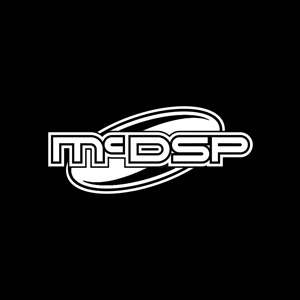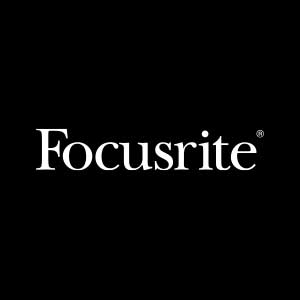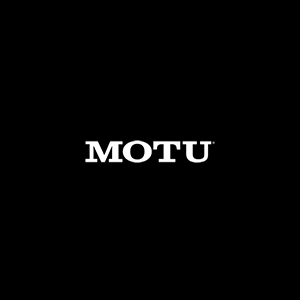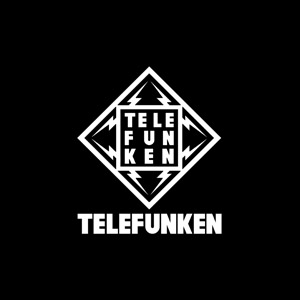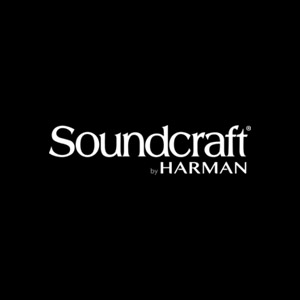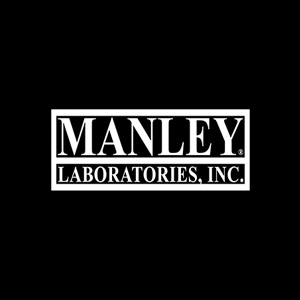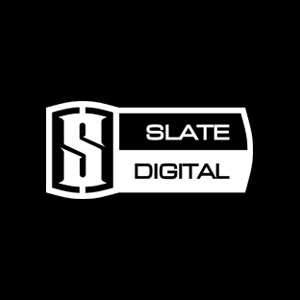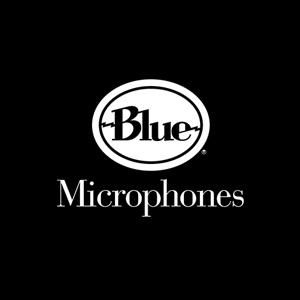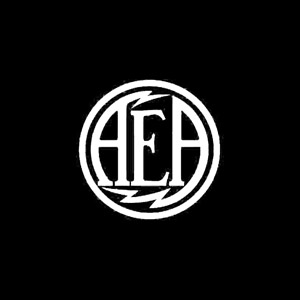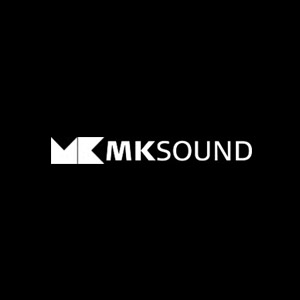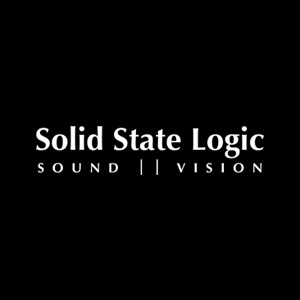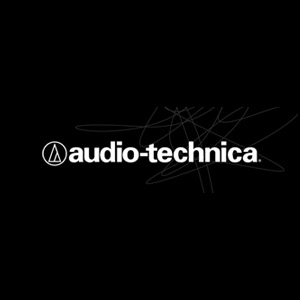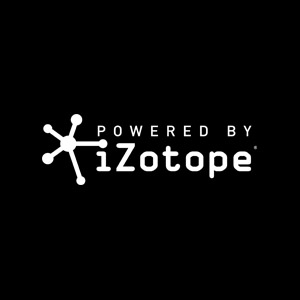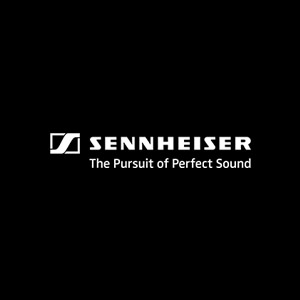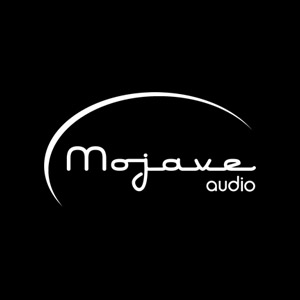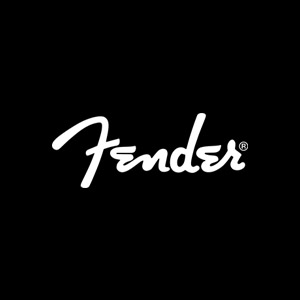CRAS Grad Spotlight: Ian Shedd works Post Production

Post production is a hot career field! Recently I had a chance to talk with our grad Ian Shedd and congratulate him on his 50th credit as a sound editor. You can check out all of his credits on his personal IMDB page here! While a lot of our grads go out to work at recording studios and live sound venues, we do have a considerable amount of grads work in the film, TV and post production industry, and that is where Ian spends most of his time.
When did you attend the Conservatory?
Ian Shedd: May – Dec 2010
What is your current job title?
IS: Supervising Dialogue Editor
What industry do you work in?
IS: Post Production/Broadcasting
Where did you complete your internship?
IS: Monkeyland Audio (and I still work there!)
During your internship, what was your most memorable horror story?
IS: I had backed up the mix of a TV pilot we worked on but didn’t double-check that the transfer was successful. A year later when we needed to restore the backup, we discovered that the files were corrupt and could not be restored. Since I didn’t double check the backup, we lost nearly all the of the mix work we put in to the pilot.
How did you end up in your current position?
IS: As an intern, I was expecting to learn sound design and effects editing. However when I learned that Monkeyland was looking for dialog editors, I made it my mission to prioritize learning that. I had little idea of what dialogue editing was at first — let alone if I’d like it — but since I was more likely to get hired for an open position than a closed one, I gunned for it.
The owner then gave me a couple reels from already-completed projects to work on. Dialogue editing proved to be way over my head so after a few tries I gave up on it to edit foley instead. After a few months of experience doing that I felt ready to try dialogue editing again. I think the first big film I worked on as a dialogue editor was Piranha 3DD. By then I had been in LA for just under a year.
Have you ever found yourself in star struck or in an unreal moment?
IS: While I was an intern I met George Takei. He just walked right up to me, shook my hand, and said “Hi, I’m George Takei”. The next time I saw him I was still nervous and accidentally called him “George” instead of “Mr. Takei”. I kind of remember him sort of scowling at me after I called him by his first name. That was my last interaction with him. Oops!
Do you have any words of wisdom for new or current students?
IS: Love what you do. Remember that every achievement and every failure is a learning opportunity. And you’re solely responsible for your own success.
Are there any tips or workflows that made your internship or job easier?
IS: Back when I was 19, the manager from the first job I ever had gave me simple but effective advice that I use to this day: ‘get good, then fast’.
There’s a lot of pressure as an intern to get menial tasks (making / getting coffee, taking out the trash, etc) done quickly, which is fine for those things. However when it comes to editing or recording, essentially the continuation of the CRAS education, it’s important to learn and practice thoroughly with less value placed on how long it takes. Speed comes naturally in time and with experience.
Learning quick-keys and keyboard shortcuts is a great example. Not all of them are entirely intuitive, and doing things like looking them up on the internet or hitting the wrong key by accident all the time can waste a lot of time. But over time they become second nature and when mastered will more than make up for time ‘wasted’ during the learning process.
A specific example I use is recalling memory locations to change which tracks show in the edit window of Pro Tools. Setting memory locations with specific tracks shown and the rest hidden, then recalling them with “period – memory location_number – period” (all on the numpad) makes switching the view between banks of tracks a breeze. I have a memory location to look at dialogue tracks, another to look at ADR tracks, and a third to look at all tracks.
Another similar example is recalling window configurations. Using “period – asterisk – period” (also on the numpad), I can quickly call up multiple AudioSuite plugins at once. Plugin parameters are saved to each configuration, so an EQ can be set up to be all narrow notch filters on one configuration, and the default on another other. No more diving into the plugin’s menu looking for those favorite presets!
What is the one thing that sticks with you the most from your time at CRAS?
IS: Playing with the SSL and other consoles I think was the most fun. As an editor in post, I don’t do a whole lot of fader-work, and if I do it’s with a Command-8. Getting to spend time with the big beasts at school is something I’ll always remember.
Were there any instructors who you felt stood out or imparted some wisdom that stuck with you?
IS: I don’t think I could pick one. I think just the general enthusiasm and constant interest in the work rubbed off on me. Also the attitude of being flexible and always ready to work taught to me by the intern coordinators went a long way towards helping me succeed.
What can you tell us about the body of work you are currently working on?
IS: I recently began work on my 50th Film / TV show. It’s been a busy 3 years since I moved to LA after graduating!
At Monkeyland, we typically work on feature-length films and documentaries. We work on a few TV shows and student thesis films a year as well.
A majority of what I do is dialogue editing, which is cleaning, cutting, and smoothing the audio captured on set. Many of the feature-length projects also require what we call a “dialog assembly”, which involves conforming the raw .wav files from the entire shoot to the picture cut.
During the process you were involved in, what did you find to be interesting or revealing that you wanted to share?
IS: I think how fragile the movie-making process is pretty eye-opening. Most of the movies we work on are hoping to just get in to the festival circuits like Sundance and SXSW. Even in the final stages of the sound process nearly all of these projects don’t have distribution deals in place. It can take months or years after the final mix before movies see the light of day.
Thanks for sharing all of your insights on post production, sound engineering, dialogue editing and everything else you do! It’s great to hear a student of ours have as much success as you have! Keep making us proud!


